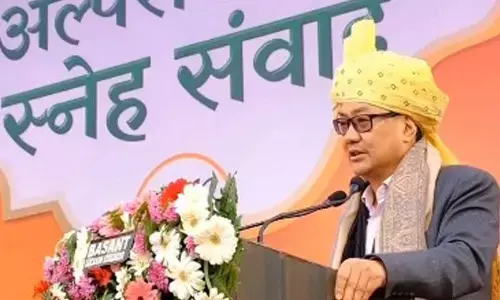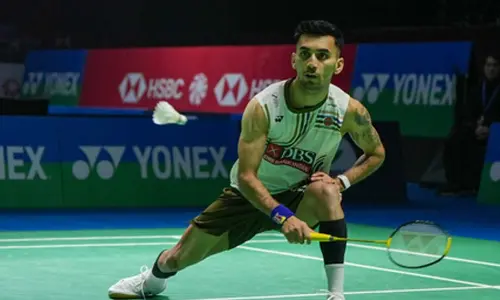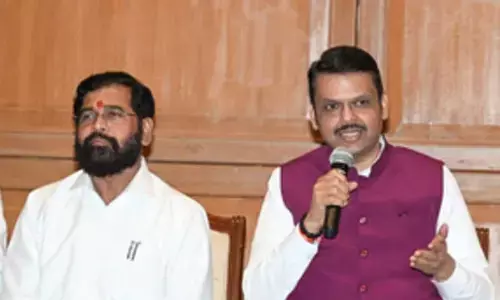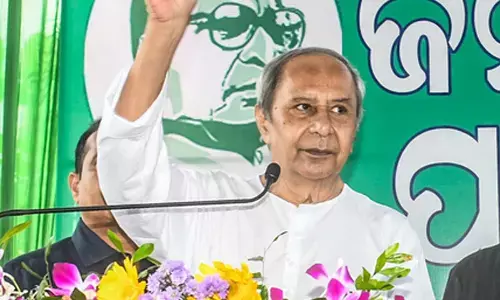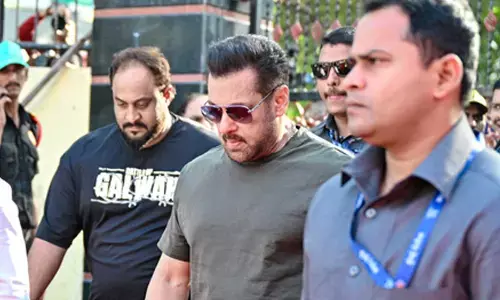Rebooting foreign policy
Rebooting Foreign Policy, Foreign Policy Priorities, Tamil Nadu politicians. It’s rare to hear Prime Minister Manmohan Singh talk about the country’s foreign policy priorities rather than its economic direction.
It’s rare to hear Prime Minister Manmohan Singh talk about the country’s foreign policy priorities rather than its economic direction. For a change, that was what he did at a conclave of top Indian diplomats in New Delhi on Monday and outlined his five principles on which India’s (future) foreign policy should rest.
As one national newspaper called it as PM’s Panchsheel, a la Jawaharlal Nehru’s Panchsheel for peaceful co-existence and cooperation, national development vis-à-vis foreign policy tops the list. He said, “The single most important objective of Indian foreign policy has to be to create a global environment conducive to the well-being of our great country.” In the descending order, the other four principles of our foreign policy, according to Singh, should be: India has to integrate more with global economies since it has benefited from globalization; work with the international community to create a global economic and security environment beneficial to all nations; greater regional cooperation and connectivity since the Indian sub-continent has a shared destiny; and alignment with countries that espouse democracy and secularism.
The Prime Minister’s vision is not radically different from what is being pursued now. But it varies in its application and implementation. It is derailed by pressures exerted by his coalition partners and ‘weighty’ friends like the US. For instance, the government is unable to decide whether Manmohan Singh should go to Sri Lanka to attend the Commonwealth heads of government conference in the middle of this month. Besides the Dravidian parties in Tamil Nadu opposing his visit, two Union Ministers Jayanthi Natarajan and Narayanasamy within the Congress favour India’s boycott of the Colombo meet over the island nation’s alleged atrocities against ethnic minority Tamils during the 2009 crackdown on LTTE cadres fighting for secession in the north of Sri Lanka. Earlier, India had voted against Lanka at the UN on the same issue. If Delhi wants to improve regional cooperation, as the Prime Minister has visualized, the UPA government, more specifically the Congress and Manmohan Singh should not succumb to pressure from former and future coalition partners. By trying to placate them, the Central government is only helping them to pander to their Tamil vote banks to score a few brownie points over each other. When regional interests take precedence over national issues, Manmohan Singh can hardly take a balanced view of foreign policy decisions.
Tamil Nadu politicians may have many axes to grind but it is myopic to think that by boycotting the Commonwealth summit in protest would serve the objective of sending a powerful message to the ruling Sinhalese party. On the other hand, India’s absence may prove to be counter-productive since Delhi will be losing an opportunity to voice its concern over the plight of Tamils in the Jaffna peninsula at an international gathering.
At global level, it is a well-known fact that India had succumbed to American pressure on relations with Iran, a key oil trading partner for us. Though the ties have not reached a tipping point, despite voting against Teheran at the UN General Assembly for its alleged development of nuclear weapons, India’s foreign policy has taken a beating and the country’s claim that it is non-aligned proved, once again, hollow.
However, it’s true that in the last few years, there has been some perceptible change in India’s foreign policy, particularly towards Asia. Under the ‘Look East’ policy, Manmohan Singh has strengthened our relations and cooperation with all the Asian countries, mainly because of China which has a penetrative influence on them with its liberal economic aid. But having closer relations with others will not serve the county’s policy goals. They have to be nurtured and constantly improved to strengthen the bonds of friendship keeping in view the changing global scenario. How far the Prime Minister has succeeded in bridging the gulf between India and its immediate neighbours is there for everyone to see. Nevertheless, his endeavors should be appreciated, particularly his recent visit to China and standing firm against Pakistan’s belligerent postures.
But what the Prime Minister had in mind when he articulated his foreign policy principles was creating a sort of new order –with India taking the initiative – in which there will be economic and security environment globally and India’s foreign policy initiatives are guided more by democratic and secular values than the economic interests. What he is envisioning, probably, in the last lap of his prime ministership is value added policies that enrich the country and the world and beneficial to all.
Sounds great. But is it possible in a world that is being dominated by economic interests rather than moral values? Even at the domestic policy level, how many of his own colleagues and his party go by his vision at micro level? In fact, over the decades, economic interests have become the prime motive for almost all the countries – poor, rich alike – to make or break friendships.
Globalization, modern communication technologies, banking, travel and tourism, etc. are helping the world to come closer. But one should not get mistaken the shrinking of world, mostly at people’s level, with global trends that are dictated by the economic might rather than countries’ moral standing.
The Prime Minister’s vision of a world soaked in universal brotherhood is beautiful. But it is Utopian. Rarely visionaries have realized their dreams. Dreams are surrealistically real and they are momentary. We need to have a vision to progress which can be achieved only with our feet firmly planted on the ground. Dreaming about it doesn’t take us anywhere.
Next Story








